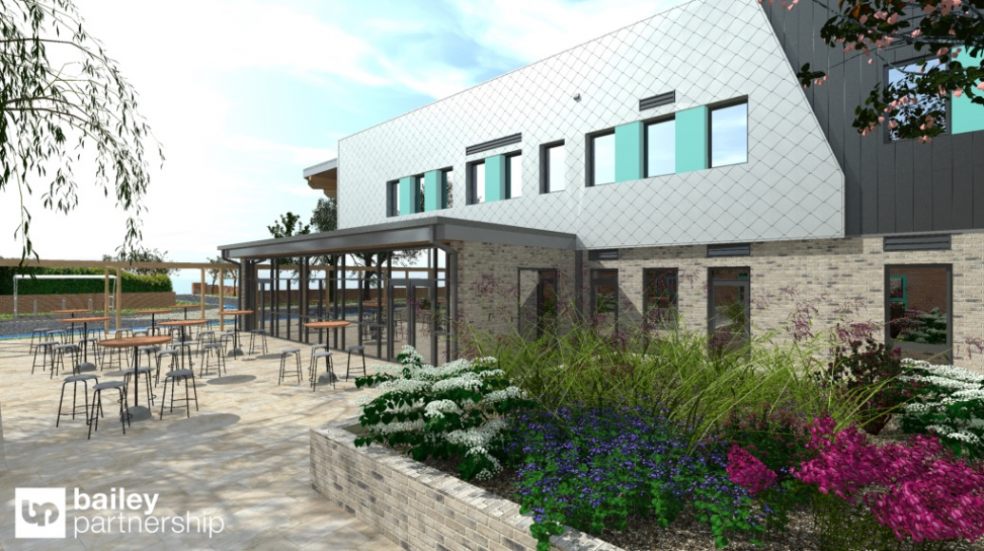
Bailey Partnership pledges to be carbon-neutral by 2030
Climate conscious construction consultancy, Bailey Partnership, has pledged to become carbon-neutral and deliver all projects to “Net Zero” by 2030 – 20 years ahead of national targets - in a bid to reduce the construction industry’s carbon footprint.
Renowned as one of the biggest contributors to the UK’s carbon footprint, the construction industry is responsible for around 38% of all CO2 emissions in the UK. As a multi-disciplinary company with many facets and disciplines covering everything from architecture and building surveying to building services engineering, Bailey Partnership is in a unique position to combine synergies and make a difference. The consultancy has six offices spreading from Kent to Cornwall and as world leaders convene for COP26 has announced the target across its complete portfolio.
To achieve the ambitious plans, a sustainability group with representation from each of the consultancy’s service areas has formed with the purpose of improving the company’s carbon literacy. The group will shape the future of training and processes, raising awareness of what Net Zero means in real terms so that the 110-person consultancy can actively offer carbon neutral building design. Bailey Partnership have also signed up to the RIBA 2030 Climate Challenge and encourage all RIBA registered practices to do so.
Partner Steve Demuth explains: “Our path towards Net Zero is built on the commitment of our designers who are passionate about finding innovative and cost-effective solutions to help solve the climate emergency issues we are all facing. Our role is to lead the Net Zero charge and assist, encourage and challenge our clients and industry colleagues, working together to tackle carbon reduction and champion sustainability.
“As a practice, we have always strived to produce low-carbon designs within the constraints of the brief. We are accustomed to meeting challenging budgets for local authority and public-funded projects, believing in a fabric first approach using passive design measures, where possible, to avoid the subsequent use of bolt-on products and greenwashing.”
He adds: “Whilst many see Net Zero as adding cost to a project, if it is built into a project from the outset these costs can be reduced with the added benefit of lower operational costs and add value to the asset”.
Net Zero design in action
Bailey Partnership is behind an eco-friendly design for a new start-up office building with complimentary light industrial units at City Business Park for Plymouth City Council. The scheme is strictly targeting Net Zero and BREEAM Excellent to ensure exemplary best practice in design and low environmental impact construction.
The new £6.5m, 1,800sqm, eco-friendly office space is spread over two floors and will include parking, a cafe, amenity spaces and biodiversity encouraging landscaping. The scheme also includes four light industrial units to widen the business start-up offering on-site.
The building will replace the recently demolished Computer Complex building to ensure that the site can continue to offer the sought-after facilities.
The flexible scheme is aimed at start-up businesses and could allow for over 150 employment opportunities for tenants of the site across over 30 varied workspaces.













